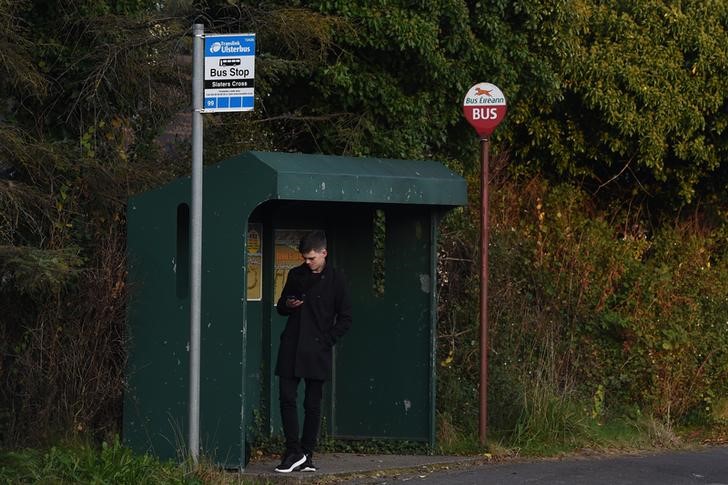By Padraic Halpin
DUBLIN (Reuters) - A growing number of global insurers are considering moving to Ireland and some may choose to locate European headquarters there rather than Britain following that country's vote to leave the European Union, Ireland's central bank said on Thursday.
Ireland is one of a handful of European countries that may benefit from companies moving away from Britain as it leaves the EU, and the central bank has said it has seen a notable increase in queries from financial services firms.
"An increasing number of global insurance groups are considering seeking a new authorisation in Ireland, particularly to locate their headquarters for European business in Ireland rather than the UK," the central bank said in its biannual macro-financial review of the economy.
Insurers are reliant on so-called passporting rights to sell insurance policies throughout the EU and several have said they will need to set up EU subsidiaries if Britain loses access to the bloc's single market.
Neon Underwriting Ltd, an insurer operating in the specialist Lloyd's of London market, on Thursday became the latest to say it was considering a move to Dublin if Britain failed to get passporting rights in Brexit talks.
Dublin is one of five European cities being considered by Lloyd's itself, while Lloyd's underwriters Hiscox (L:HSX) and Beazley (L:BEZG), U.S. insurer AIG (N:AIG) and motor insurer Admiral (L:ADML) have also said they might shift operations from London to centres such as Dublin.
Insurance firms so far have met the Irish central bank from a "fact finding perspective", director of Credit Institutions Supervision Ed Sibley said, but enquiries have hardened a little and he expects decisions could be made in the first or second quarters of 2017.
British Prime Minister Theresa May has said she wants to begin the two years of EU exit negotiations by the end of March, when banks, insurers and asset managers are expected to start finalising their plans.
Bank of England Governor Mark Carney has said banks may start to relocate activities to other countries about 1-1/2 years before Britain's departure from the EU if a "hard Brexit" looks likely.
The central bank said Ireland may also be the preferred location of some UK banks that choose to relocate within the EU and may be a jurisdiction of choice for some UK funds that will likely seek to re-domicile elsewhere in the EU.

It reiterated that owing to the economy's close trade ties to Britain, Brexit would have a negative impact on employment, output and incomes in Ireland, even though financial market tensions have eased somewhat since the June 23 UK vote.